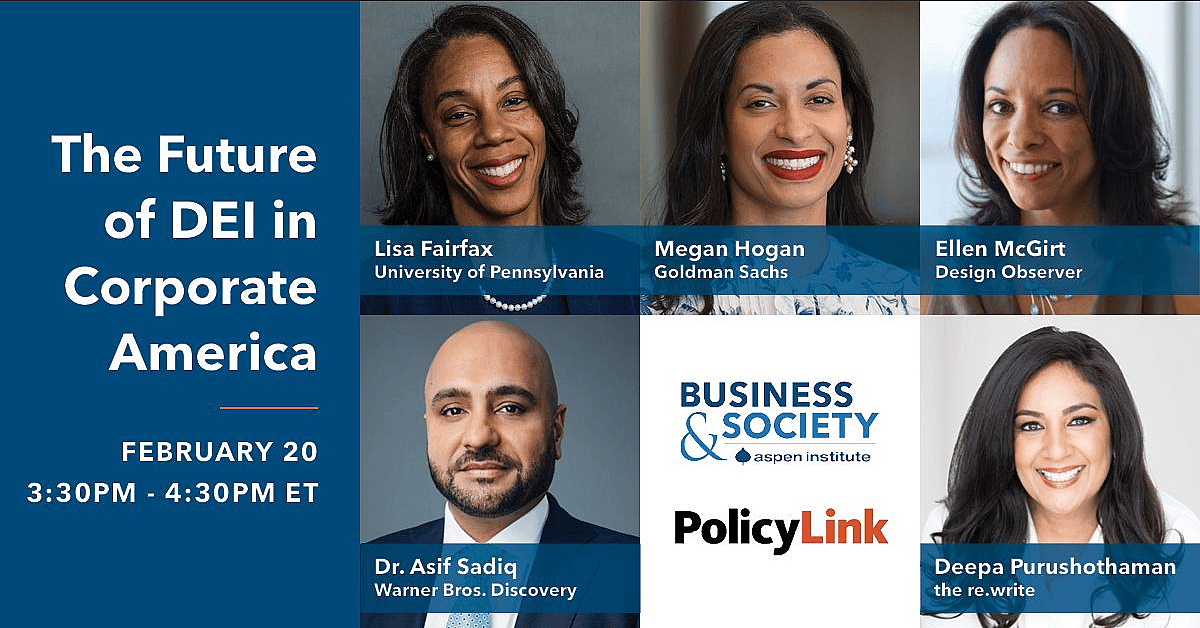Comic Books•Movies•TV Shows•Video Games
Warner Bros. Discovery Chief DEI Officer Endorses Discriminating Against Employees Who Disagree With DEI Ideology: “They’ll Leave Themselves, Which Is Great”

According to Warner Bros. Discovery Chief Diversity, Equity, and Inclusion Officer Asif Sadiq, companies seeking to foster a culture of DEI should not seek to compromise with those employees who disagree with the concept of identity politics, but rather outright discriminate against them until they quit.

Sadiq – who tends to refer to himself as ‘Dr. Sadiq’ despite his doctorate, bestowed upon him by the UK’s The Open University in recognition of his extensive DEI work, being nothing more than an honorary one – offered his endorsement of this strategy while speaking to attendees of the Aspen Institute of Business and PolicyLink’s February 20th The Future of DEI in Corporate America webinar.

Per a clip of the event shared to Twitter by user @Memeology101, the topic of how to deal with employees who might disagree with a company’s turn to DEI was first touched upon by one of the webinar’s other panelists, Glodman Sachs Chief Diversity Officer Megan Hogan.
Recalling her recent attendance at an unspecified and “off-the-record round table of CDOs”, Hogan informed her fellow panelists, “One of the things that came up was the frustration of having to work with or persuade the most powerful person in your ecosystem that the work is worth it, and they should reveal themselves more, they should take a bigger role whatever it is. And we came up with this strategy: Find your people, and ignore the person you cannot persuade.”
“You know exactly who they are,” she continued, “and if you can’t bring yourself to [ignore them all together] because of your professional orientation, give it 30-days. Ignore them for 30-days. Don’t take the bait, don’t send them the clip, don’t send them the newsletter, don’t send them the [pitch] deck. Just focus on the people who are willing to do the work. The new arrivals to the work, the new leaders who are preparing to be better allies, to be more vulnerable, to communicate better, and find your people even outside of your organization who can help you fine tune, who can help you make sure you’re not reading the situation wrong, and let you know that you’re not alone.”
“But absolutely do not get caught into that spin cycle of trying to persuade the most powerful person that you know who is not interested to be interested, because they’re not coming,” Hogan ultimately punctuated her call-to-action. “30-days. You can do it.”

Using Hogan’s words as a jumping off point, Sadiq then added to his colleague’s point, “Even beyond leaders, there’s always those few people you’ll never change.”
“You’ll never convince them,” the WBD CDO explained. “You can try up until the end of eternity and it will still not happen. We waste so much energy doing that sometimes, as individuals, whether you’re in a leadership position or in a team and so on.”
To this end, Sadiq then called on companies to ignore any employees who might disagree with DEI ideology and instead “focus on the ones who want to change, because that way you start changing culture, and if you change culture, often those people who don’t want to come around will start saying “this place isn’t the way it used to be” and they’ll leave themselves, which is great.”

Drawing his thoughts on the topic to a close, Sadiq asserted, “Rather than focusing on those things you can’t impact or can’t change, focusing on those things you can impact and you can change is so important. Even when we’re trying to look at, potentially, what sort of programs, things we’re doing, I think it’s a great opportunity to double down our efforts on things. To do an audit of what’s worked, what hasn’t worked, where do we put more effort into, where do we reduce effort.”
“So, don’t necessarily see reducing or changing something as a negative,” the CDO concluded. “It can be a positive, it’s how you create that mindset.”
